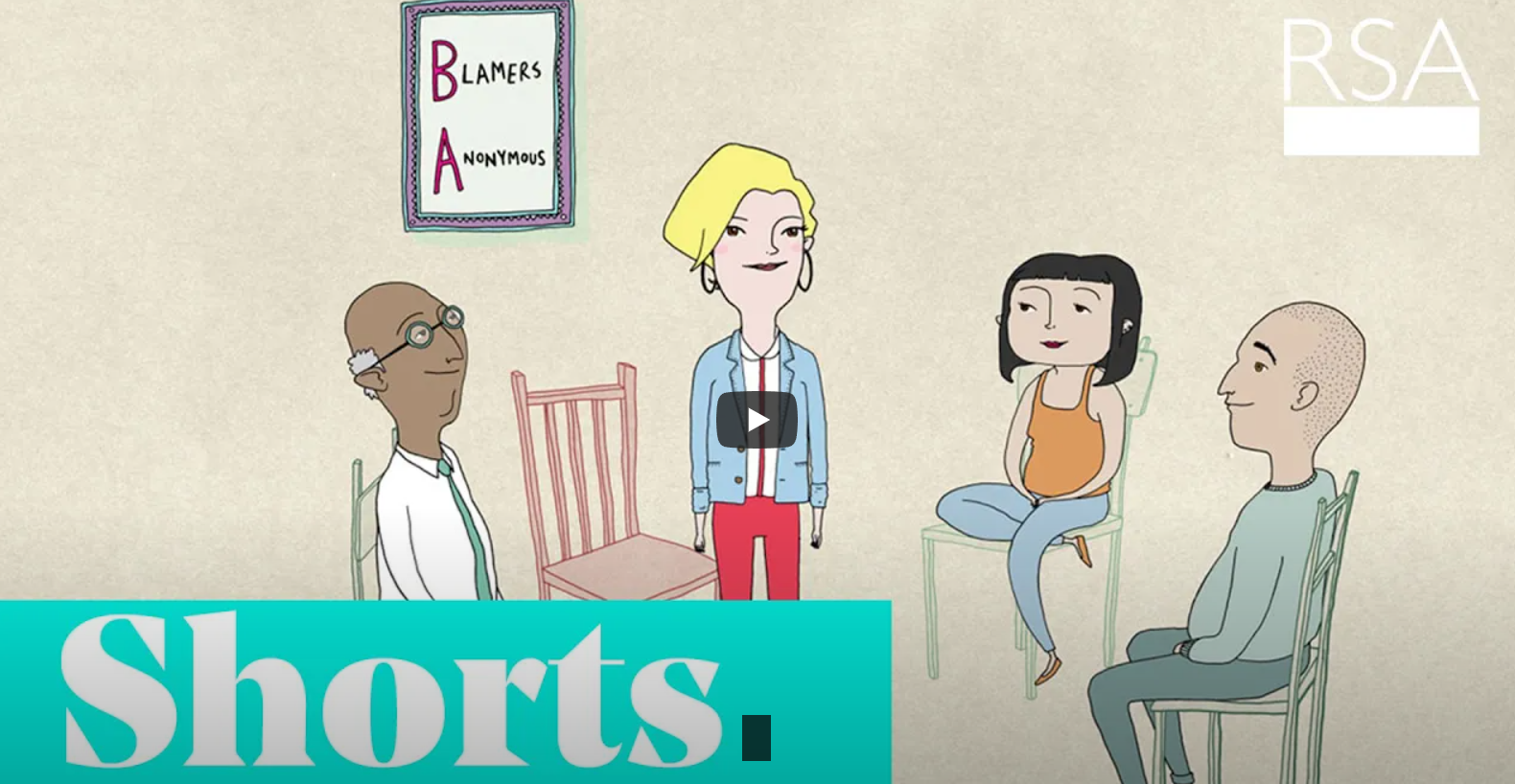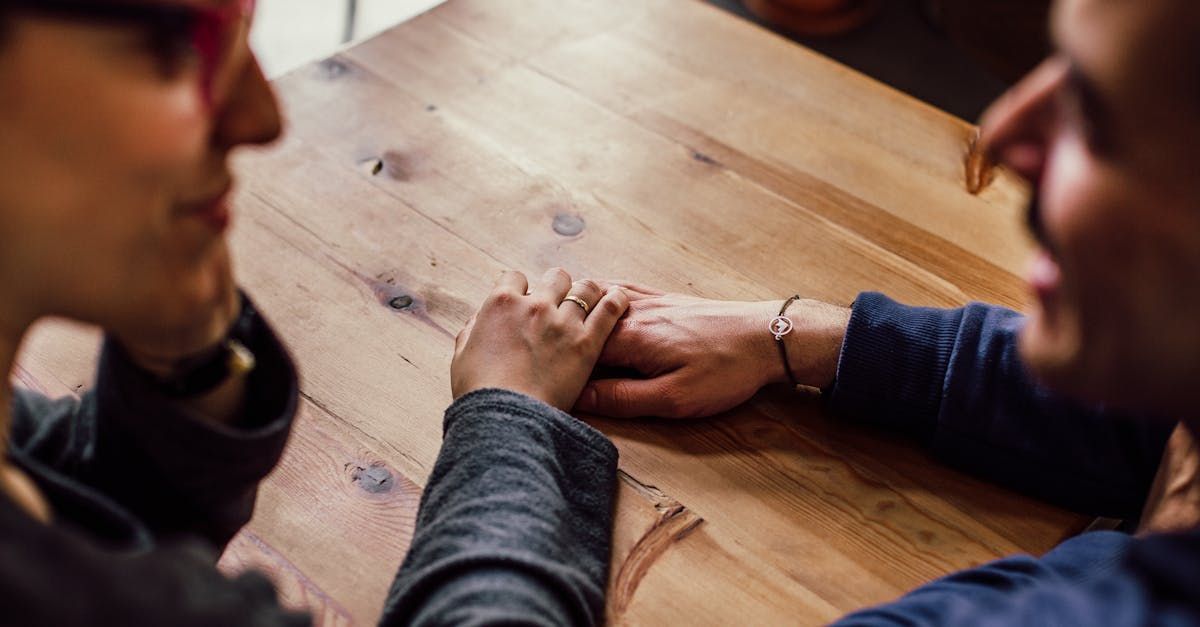After an Argument, is your Repair Effective?

All couples face moments of disconnection. All couples argue. This is a fact and supported by decades of research including watching the crucial moments between infants and caregivers. What makes a successful couple is their ability to repair after a fight, after a moment of stepping on each other’s toes or a hurtful regrettable incident. Today, we are more stressed because of external factors and these externals tensions can spill over into your relationship or marriage. By becoming masters of repair, you stay out of the nightmare and erosion of your relationship. Employing repair attempts often and early can resolve disputes before they escalate.
With that said, not all repair attempts are effective, and the success of a repair attempt has to do how well it was tailored to the other person.
What is a repair attempt?
A repair attempt is any statement or action — verbal, physical, or otherwise — meant to diffuse negativity and keep a conflict from escalating out of control. John Gottman PhD, calls repair attempts a secret weapon of emotionally intelligent couples. His research shows “the success or failure of a couple’s repair attempts is one of the primary factors in whether a marriage is likely to flourish or flounder.”
But what do we do when our repair fails?
Here’s an example in Elizabeth and Jack’s household, the never-ending, who-cleans-the-dishes Sound familiar? It can be a dispute for this couple that rarely gets repaired well. This is because Jack grew up in a family where plates were always cleaned promptly after use, and leaving dirty dishes overnight was as not allowed or acceptable. Elizabeth grew up with a more laissez-faire attitude toward dishes, letting them exist in the sink in until they get in the way.
The ongoing tension over dishes results in small, frequent blow-ups on Jack’s end, and leaves Elizabeth struggling to make repair attempts, some of which fail horribly.
Sometimes Elizabeth attempts to repair with physical touch, by hugging or kissing Jack. Elizabeth interprets touch as a way to express affection in the midst of conflict.
While Jack appreciates touch in general, when he is physiologically flooded, his walls go up and to him touch feels like an act of aggression – even though he is aware that Elizabeth’s touch is a repair attempt.
Making repair attempts isn’t enough
One lesson Elizabeth has learned over time is that Jack responds well to humor, in part because Elizabeth knows he is uptight about insignificant things like dishes. So when the dish argument rears its ugly head, rather than trying to hug Jack, Elizabeth has taken to humoring him. She twirls around points at Jack and in a funny voice starts calling him by his pet name. The result invariably makes Jack laugh, and the conflict is de-escalated even if the problem isn’t resolved. And in this instance at least, Elizabeth also addresses Jack’s primary concern. She rolls up her sleeves and does the dishes.
Marriage can teach us that the simple act of making repair attempts isn’t enough. Knowing your spouse and understanding their needs especially in the context of conflict, will help you devise ways to more effectively de-escalate and calm the situation.
Do you know how your partner receives love?
Maybe your partner responds well to gifts, and so during a cool-down period after a fight you go buy her a flower or her favorite coffee drink from Starbucks. Maybe your spouse craves affirmation, and so during a fight you seek to reassure him how much you love him, even when you’re angry about something he did. Maybe your partner likes acknowledgement of the injury and their feelings and loves to hear I am sorry that I hurt you.
Knowing how your partner receives love and what they need to repair from conflict is like having a secret weapon tailored just to them and their well-being.
Of course, simply making a good repair attempt doesn’t ensure success. It’s also incumbent upon the other partner to recognize and accept the attempt. And if only one person in a relationship is habitually making the effort to resolve the conflict, the imbalance may take its toll over time. Both partners need to put in the effort toward dissolving and eliminating negativity and, where possible, mending the rupture of connection.
For Jack’s part, he knows that in the midst of conflict, Elizabeth will feel comforted with physical touch – a comforting hand on her knee or a gentle arm around her. Jack knows Elizabeth loves quality time, so any productive dispute will involve a conversation when both partners are physically present. The magic is that once one partner makes a repair attempt, the other person feels better and usually responds in kind.
Developing effective tools to mitigate the conflict and get past it as quickly as possible is important for stabilizing your connection and shortens how long it stays in the memory. The effort you make may not be comfortable or easy to you, however, learning that a significant part of love is simply making the effort to repair, preserve, and grow the relationship. Love might be challenging and work, but it helps to remember that the more we have caring concern towards our partner, the more we deepen our love for each other.
Register for our Newsletter and receive a Free Love Chat Package
- The 5 Steps to a Better Relationship
- Ongoing Monthly Relationship Tips
- If you want more love in your life, our relationship Love Chat Package is an easy cost-free first step.


















